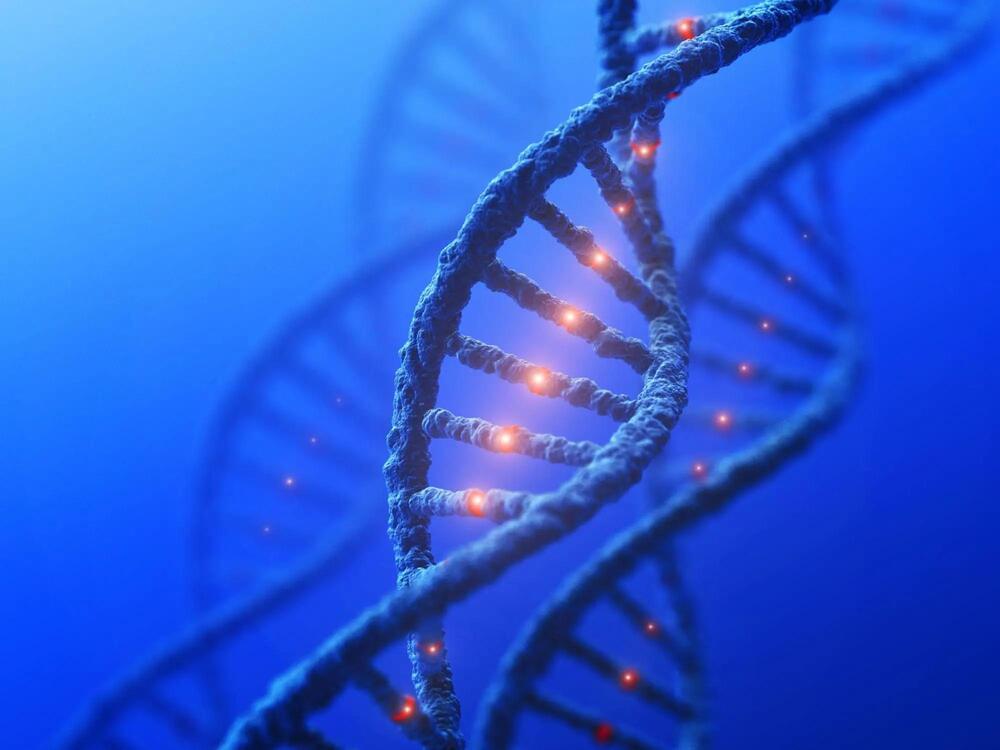New research from UCL, investigating the biology of a rare genetic mutation that enables carrier Jo Cameron to live virtually without pain and fear while also healing quickly, discovered that the mutation in FAAH-OUT gene ‘turns down’ FAAH gene expression, affecting molecular pathways related to wound healing and mood, thereby offering potential new targets for drug discovery.
New research from University College London (UCL) has unraveled the biology behind a unique genetic mutation that results in its carrier experiencing minimal pain, enhanced healing, and lower levels of anxiety and fear.
Published in the journal Brain, the research is a follow-up to the team’s 2019 discovery of the FAAH-OUT gene and its rare mutations, which make Jo Cameron almost immune to pain, and devoid of fear and anxiety. The latest study elucidates how this mutation reduces the expression of the FAAH gene and impacts other molecular pathways associated with mood and wound healing. The insights garnered from these findings could potentially pave the way for novel drug targets and foster further research in these domains.
